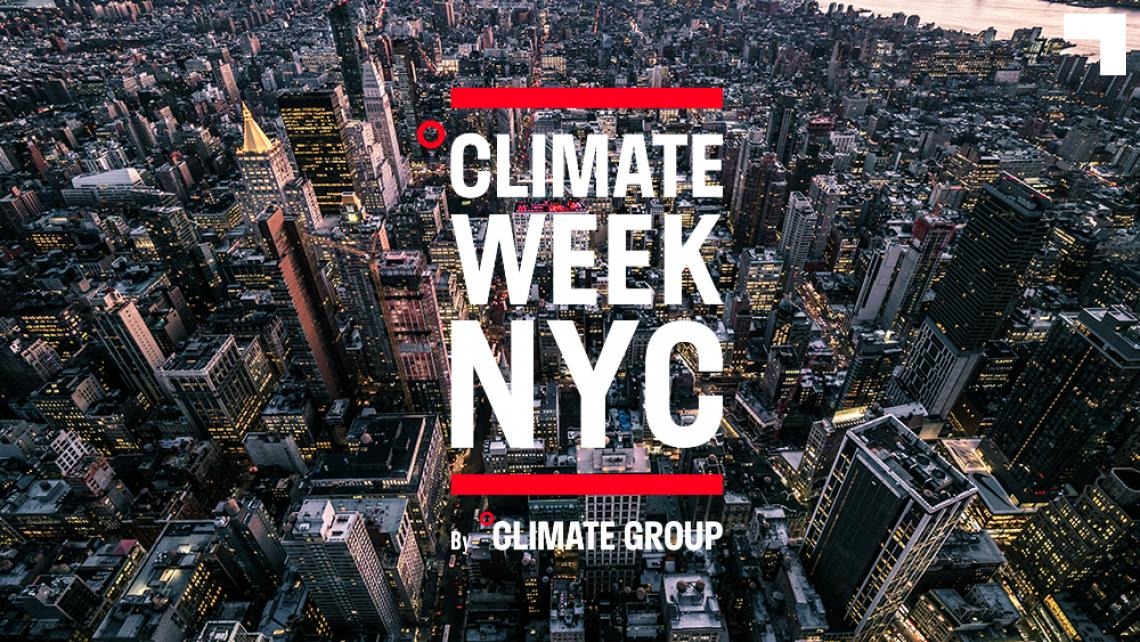| With events all across the city, it’s hard to keep track of everything happening. Here are just three examples of what’s coming up today:
Carbon markets will be in focus. Voluntary emissions credits have been tainted by controversy over their quality. This full-day event will look at the role the market has to play in accelerating corporate climate action and efforts to bring more integrity and transparency.
Find out how close we are to phasing out fossil fuel. This midtown event will give the perspectives of two developing countries that produce substantial oil and gas. One of them, Colombia, has signed the Fossil Fuel Non-Proliferation Treaty, which commits the country to not explore and develop new fossil fuel reserves. The other, Brazil, hasn’t and the country’s climate ambassador will be asked to answer why.
Here’s something if you’re hungry for change. This lunchtime event, which promises “food and drink served to illustrate the scenarios,” will provide some potential answers to the question: What does the climate future taste like?
Here are some things we learned Tuesday at Climate Week:
Biden sees climate change as a job creator. President Joe Biden cast the climate crisis as an economic opportunity for the US, saying his policies in office had developed “a new formula” to fight global warming while also creating jobs and bolstering domestic industries.
Prince William wants to sort out food waste. A Kenyan company combating food waste with refrigerated boxes and a British startup that samples environmental DNA to measure biodiversity are among the 15 finalists for the Earthshot Prize, an annual award from an organization led by Prince William that recognizes solutions to the environmental crisis. [new CleanTech?]
Clean energy needs more investment. The increasingly rapid deployment of renewables around the world is still not enough to meet global goals, according to a group of political and climate leaders at the Global Renewables Summit.

Photographer: David Paul Morris/Bloomberg
|



